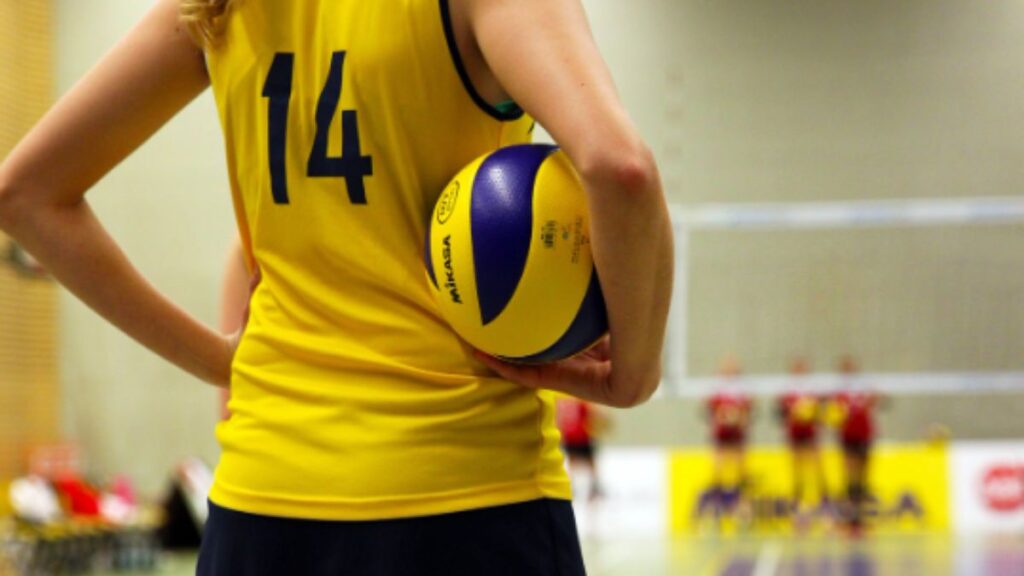Embarking on a career in sports science invites a blend of passion for athletics and a drive for scientific inquiry. The field offers opportunities to impact athletic performance and overall health while challenging conventional methods. A strong foundation in both research and practical applications paves the way to working with elite teams and developing innovative training regimens. Many have discovered that this path not only builds technical expertise but also nurtures critical thinking and problem-solving skills. Recent reports indicate that professionals in this area have contributed to performance gains of up to 15 percent in competitive settings . A commitment to continuous learning and resilience is essential as you forge your career.
Understanding the Role of a Sports Scientist
Sports scientists apply principles from physiology, biomechanics, nutrition, and psychology to optimize athletic performance. They design and implement testing protocols to assess physical capabilities and tailor training regimens that align with an athlete’s strengths and weaknesses. Research has demonstrated that targeted interventions can lead to measurable improvements in performance and recovery rates. This career requires a balance of technical knowledge and creative problem-solving, as professionals regularly interpret data to fine-tune exercise programs. Engaging with emerging research and technological advancements is a routine part of the role, ensuring that practices remain both evidence-based and adaptable.
Educational Pathways and Certifications
Academic preparation forms the cornerstone of a successful career in sports science. Many universities offer dedicated programs that integrate theoretical studies with laboratory and field experiences. In courses offered by renowned institutions, students gain exposure to advanced methods, and many aspiring professionals discover that reputable colleges for physical education serve as a bridge between academic knowledge and practical application, which fosters a well-rounded education. Certification programs further validate these skills and open doors to advanced roles, with many employers favoring candidates who have completed accredited training. A solid academic background coupled with industry certifications builds credibility and prepares graduates for the multifaceted challenges of the profession.
Gaining Practical Experience
Hands-on experience remains a critical component of developing a career in sports science. Internships, research projects, and volunteer roles allow emerging professionals to work alongside experienced mentors while applying classroom theories in real-world settings. Data from recent surveys reveal that over seventy percent of employers prioritize practical experience when evaluating candidates . Engaging in fieldwork can range from analyzing biomechanical movements to supporting sports teams with customized training programs. Such experiences not only refine technical skills but also build confidence, fostering a proactive mindset that is essential for navigating competitive environments.

Navigating the Job Market
Finding the right position in sports science demands both strategic planning and persistence. The evolving landscape of athletic performance research has created a surge in job opportunities across various sectors, from professional sports teams to academic institutions. Employers now value a blend of technical expertise and interpersonal skills that can drive team success and innovation. Market analysis shows an eighteen percent increase in sports science job postings over the last five years . Crafting a resume that highlights practical experiences, academic achievements, and a passion for continual learning can make a significant difference in standing out among applicants. A proactive approach to career fairs and job boards further enhances your visibility in a competitive market.
Overcoming Challenges in the Field
Every career journey encounters obstacles, and sports science is no exception. Balancing the demands of rigorous scientific study with the dynamic nature of athletic performance can be challenging. Professionals often face the task of reconciling empirical research with the unpredictable factors inherent in sports, such as injuries and performance plateaus. Adaptability and a willingness to experiment with new methodologies prove valuable in overcoming these hurdles. Feedback from teams and continuous monitoring of performance metrics assist in refining techniques. Persistence, coupled with a commitment to professional development, equips aspiring sports scientists to transform challenges into opportunities for growth.
A focused plan that blends education, practical experience, and networking sets the stage for long-term success. Embrace every learning opportunity and remain open to evolving methods that shape the future of sports performance. The journey may require hard work and perseverance, but it offers a rewarding blend of scientific inquiry and athletic excellence.







